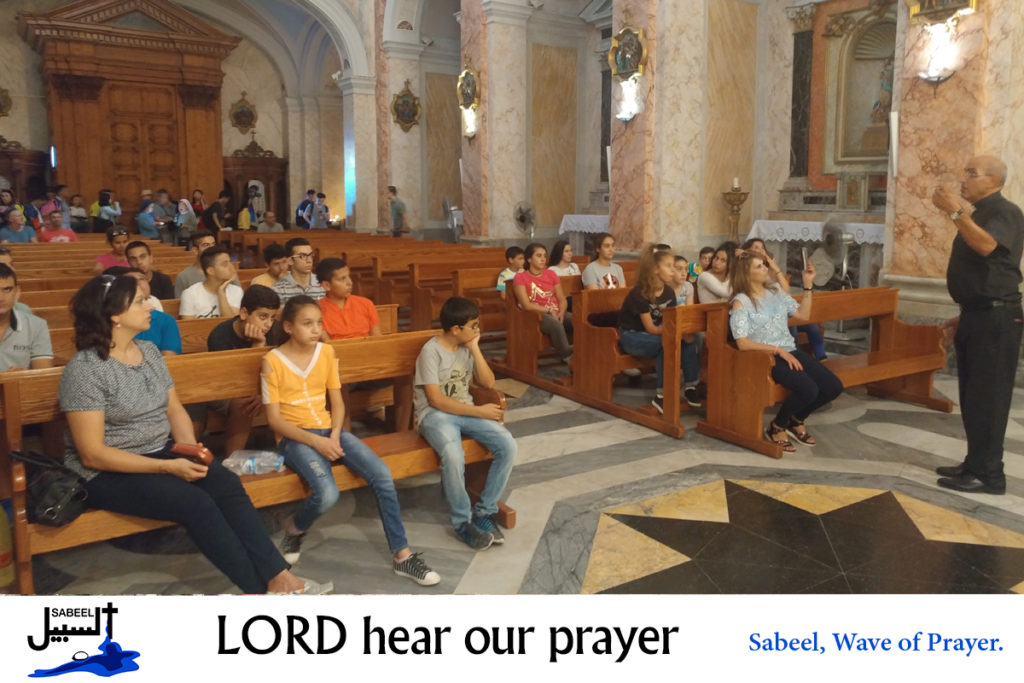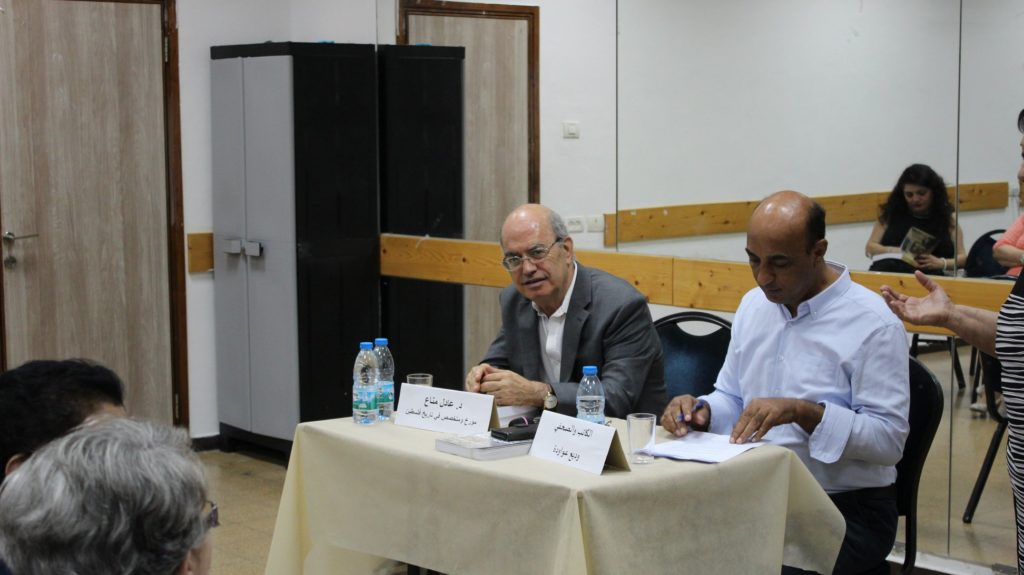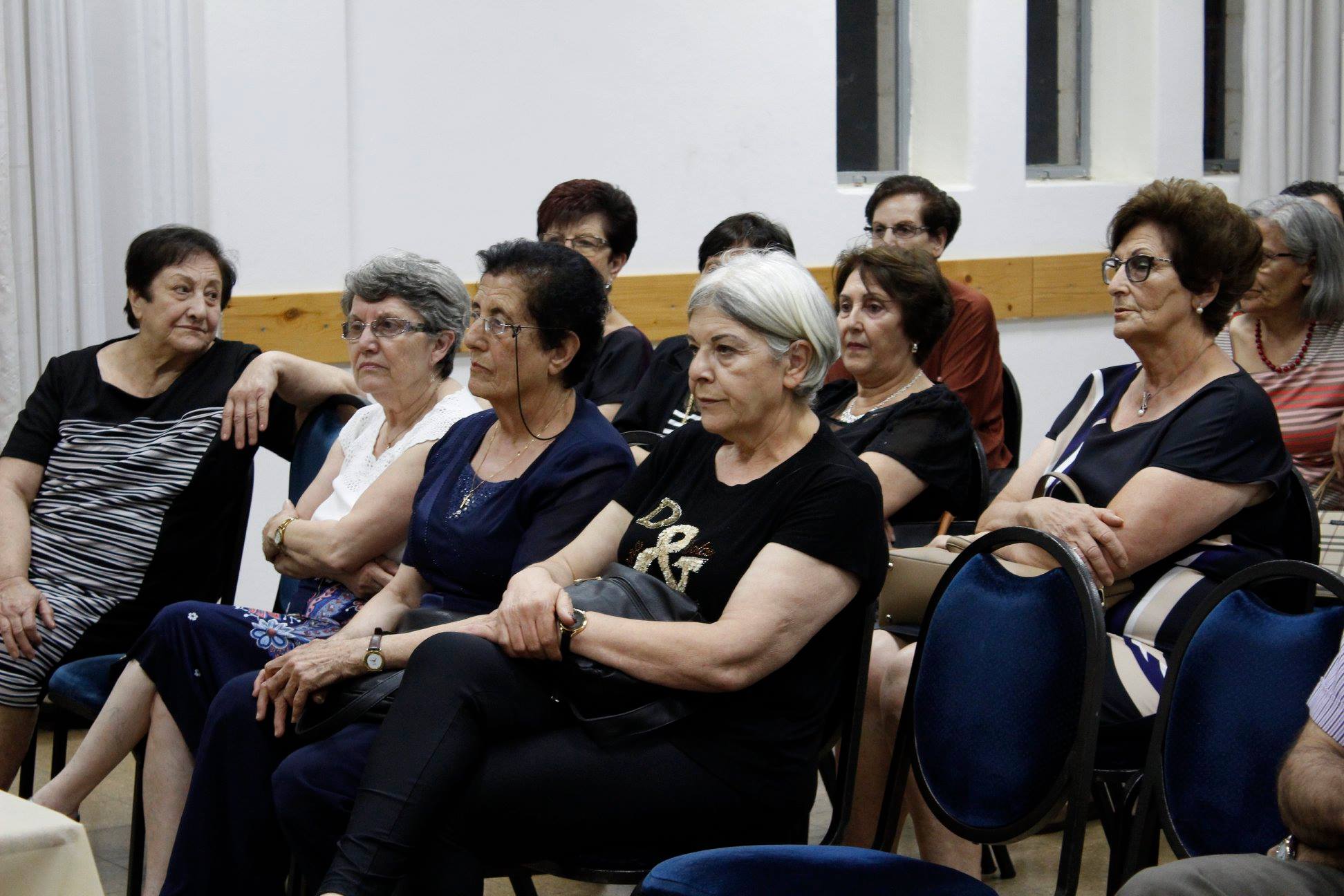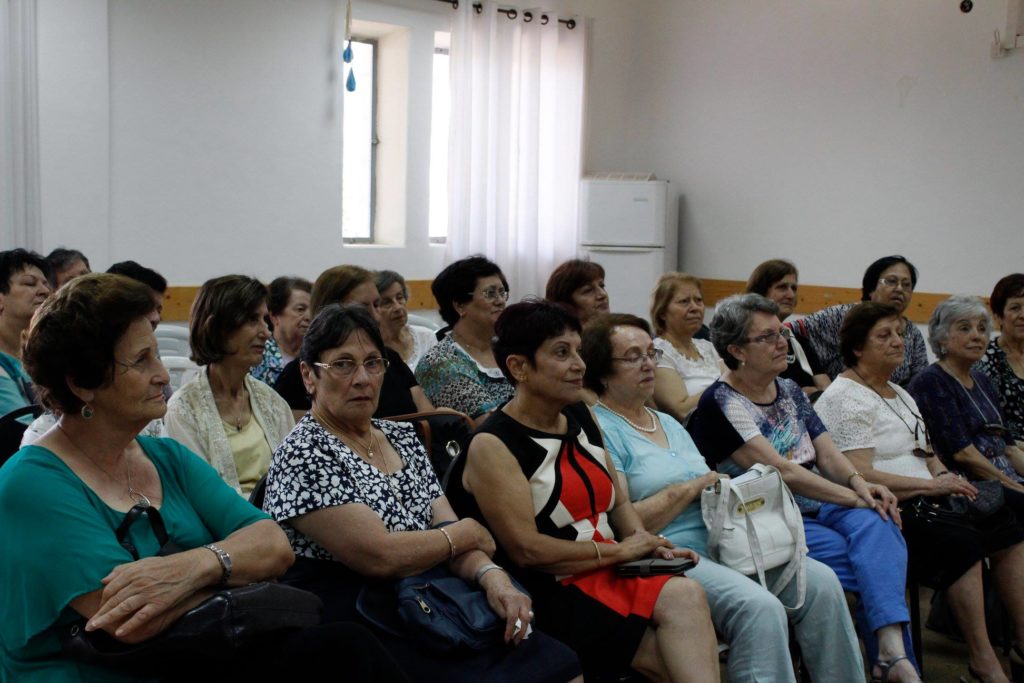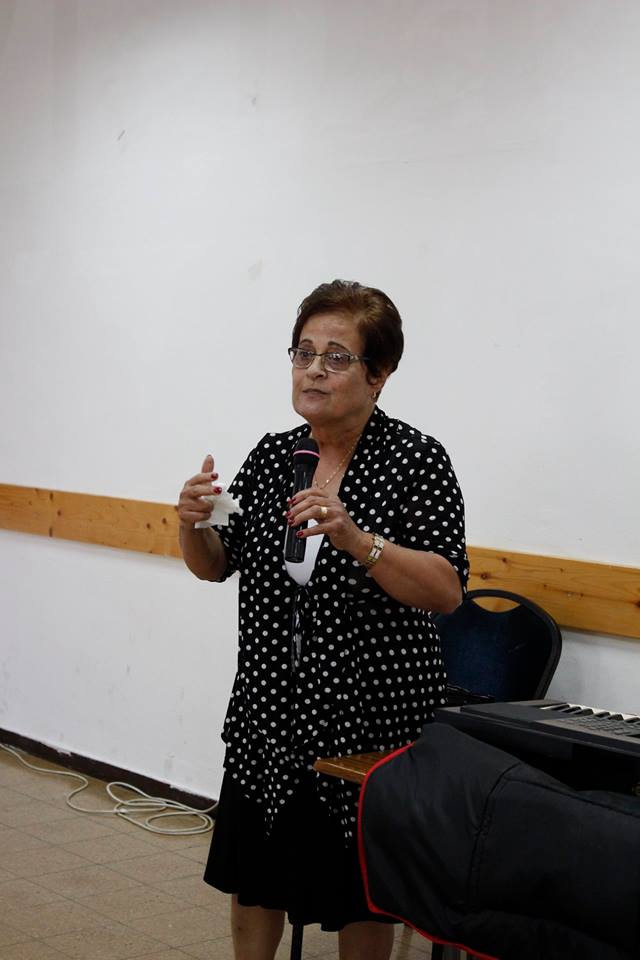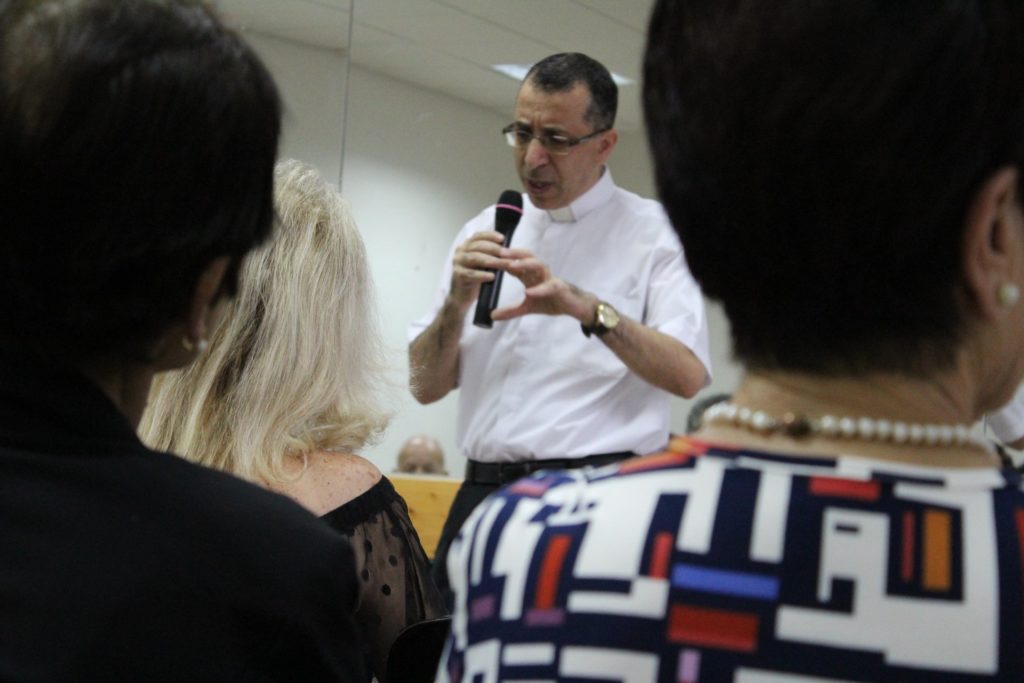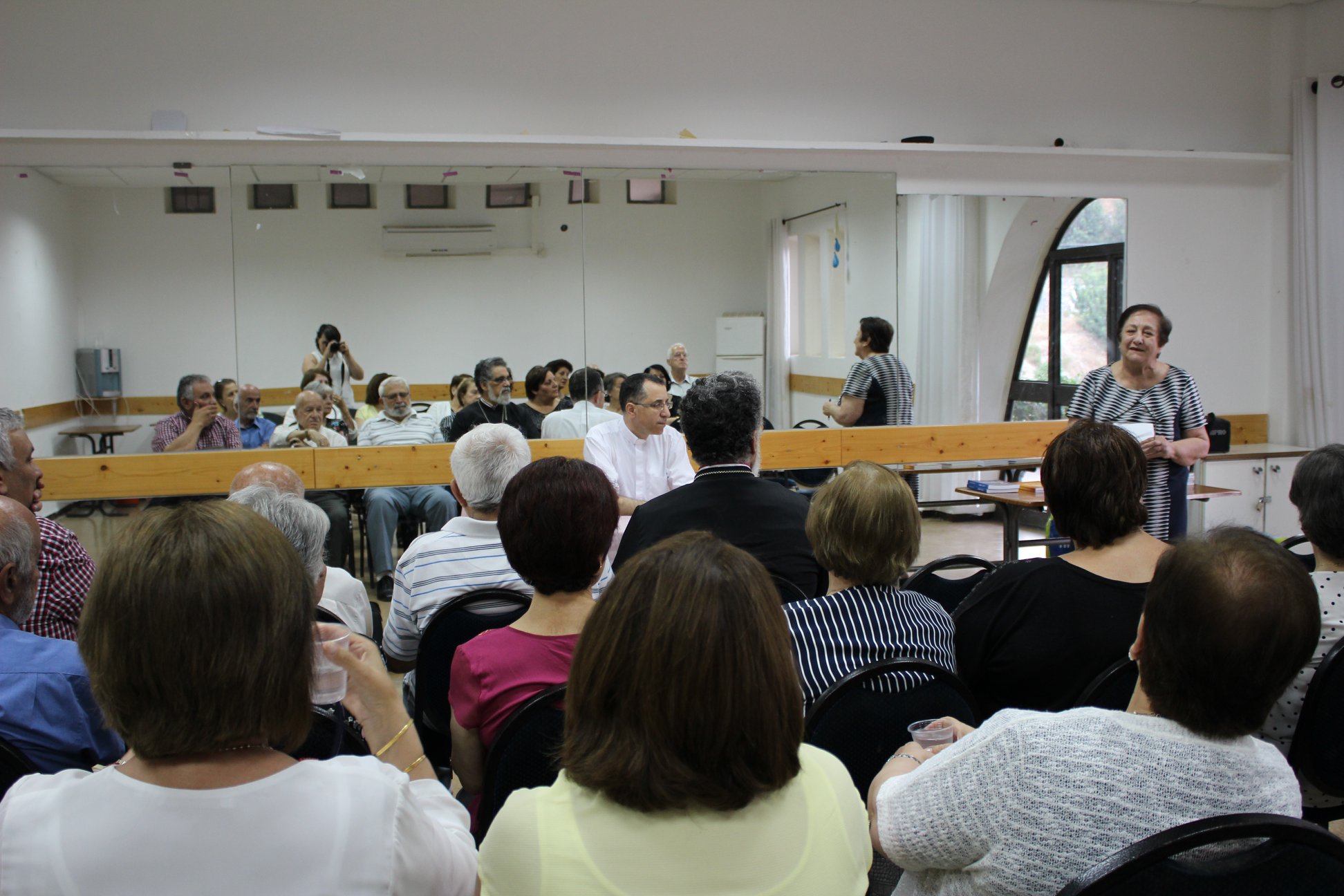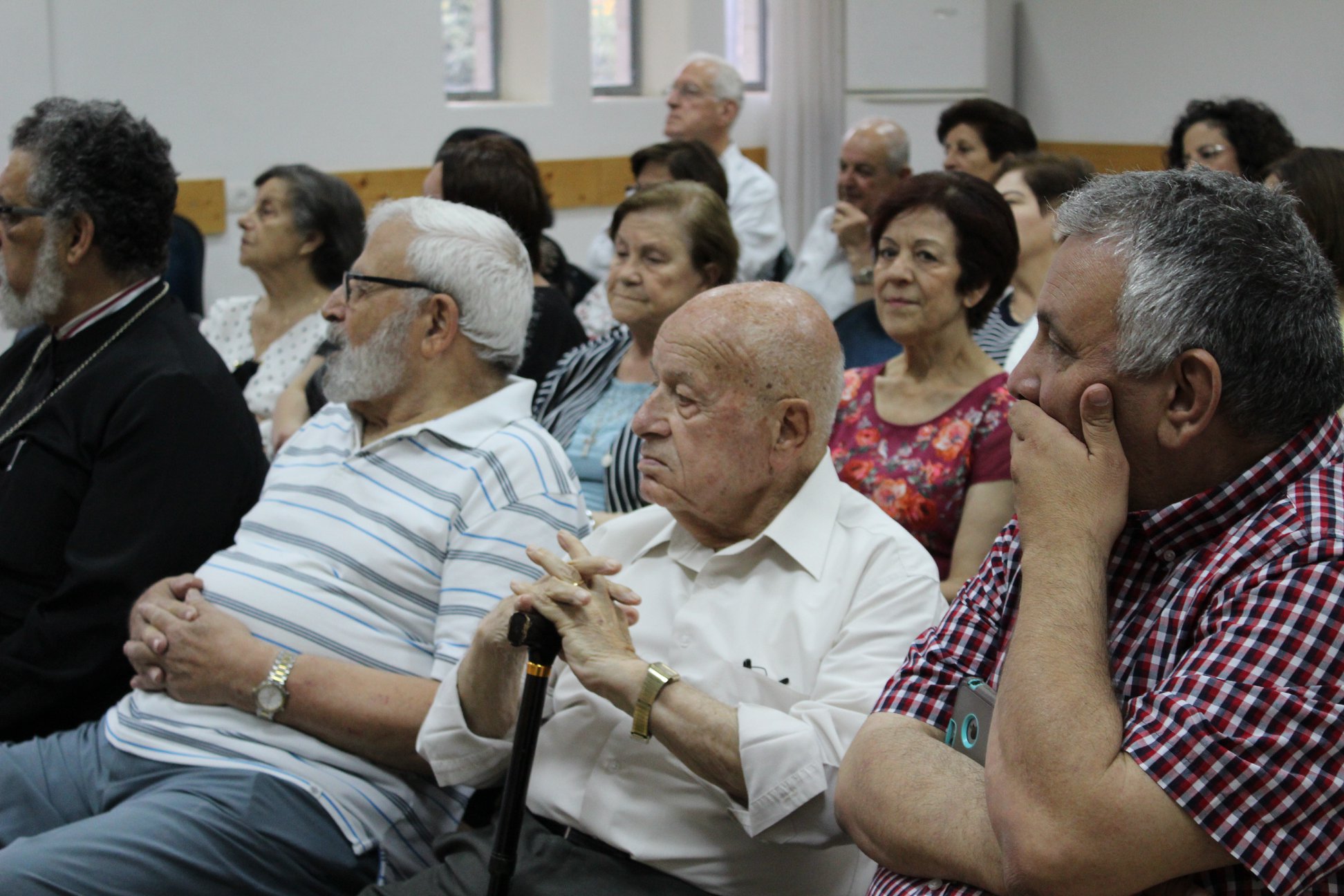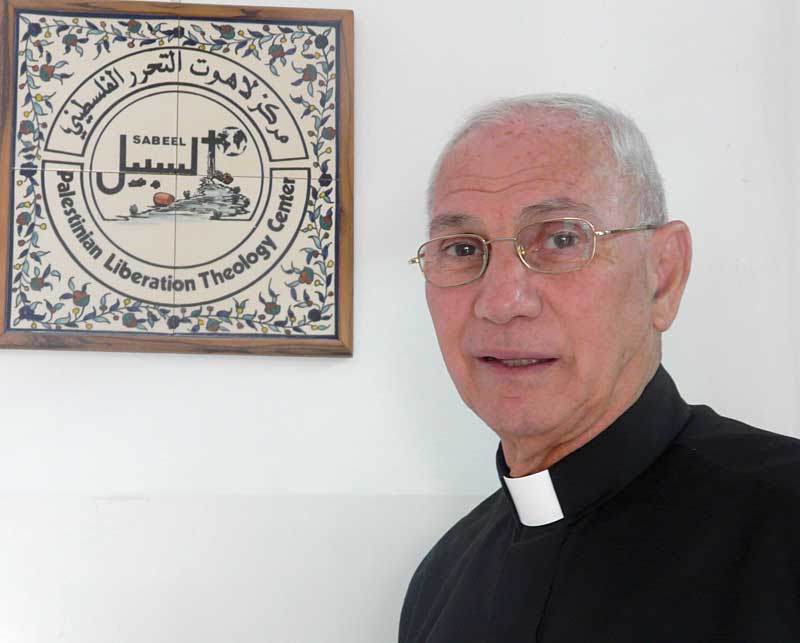
Henry Siegman, a former National Director of the American Jewish Congress said, “Israel has crossed the threshold from ‘the only democracy in the Middle East to the only apartheid regime in the Western world.’”
We have always viewed Israel’s democracy with great skepticism, but now, its Nation-State law validates its apartheid status.
On Thursday, July 19, 2018 the Israeli Knesset passed its Nation-State law with a vote of 62 to 55. For its supporters, the law reflects Israel as a strong state that defines its identity as Jewish. For those who oppose it, it validates Israel as an apartheid state. The truth is that Palestinian Israeli citizens have been living under Israeli discriminatory laws since Israel’s establishment in 1948. They have always been treated as second-classcitizens or worse. What the new Nation-State law has declared is this: what Israel practiced against its Palestinian citizens for 70 years it has now enshrined as aBASIC law. Practically speaking little haschanged, for what was de facto racism has now become de jure. I hope the racist implications will become clearer for many people, not least demoting the Arabic language which insults over 20% of Israel’s population.
I am certain that many individuals and organizations have already detected the inherent problems in the law. The angle that concerns me is the religious and the theological. The law contains some religious overtones that could have deeper political and religious implications:
- The Nation-State law begins with:“The Land of Israel is the historical homeland of the Jewish people in which the state of Israel was established.”
What do we mean by the “the land of Israel?” Many people might not be aware of the Talmudic religious meaning of this name.According to the Talmud, the Land of Israel includes not only today’s Israel and Palestine but also the whole of Sinai, Jordan, Syria, Lebanon, and parts of Turkey. Furthermore, in all talmudic interpretations, the land of Israel includes Cyprus. (Shahak: 1994)
By not identifying specific boundaries, it stands to reason that the writers of the law intended to keep it vague,fluid, and open to expansion. It is also clear from the wording that the Land of Israel is larger than the state of Israel. The state is built on one small part of the Land of Israel only.
- “Jerusalem,” the new law says, “complete and united, is the capital of the state.”
Where are Jerusalem’s boundaries? And what does “complete” mean? It is important to keep in mind that according to international law, East Jerusalem is part of the occupied West Bank and illegally occupied by Israel. It also must be remembered that Jerusalem is equally holy and equally special not only to Jews but to Christians and Muslims. Without shared sovereignty over Jerusalem, peace will never prevail. As worded, the new law shuts the door to peace. Israel needs to sober up if it is serious about living in peace in the Middle East.
- “The right to exercise national self-determination in the state of Israel is unique to the Jewish people.”
slams the door shut on the Palestinians right to self-determination according to international law. Without self-determination that gives the Palestinians their right to freedom, sovereignty, and human dignity, Israel will never enjoy peace or security.
- “The state will be open for Jewish immigration and the ingathering of exiles.”
The “ingathering of exiles” is another article in the new law that has religious overtones and can be quite contentious. To begin with, it is noteworthy that immigration to Israel is restricted to Jews.What is more critical, is whether Jews who live in the United States, Canada,UK, and around the world are in exile. Do they consider themselves living in exile? Are Jews who are free to choose where to live considered in exile? The only exiled people I see around are the Palestinian refugees who, according to international law have “The Right of Return” to their country. “Ingathering of exiles” is an archaic religious expression. It is anachronistic and devoid of meaning, except perhaps, for an imaginary nostalgia that some religious Jews might feel. It is also significant for the big number of Christian Zionists who believe that the “ingathering of exiles”would expedite the Second Coming of Christ. Do the majority of western Jews living outside Israel, including many rabbis as well as secular Jews, believe and accept thisarchaic religious terminology?
Three final remarks:
- The Nation-State law defines with precision a number of matters including, the name of the state, its symbols, its language, its capital’s name, as well as other matters. However, three very important matters are not defined.
- The borders of the Land of Israel.
- The borders of the state of Israel.
- The boundaries of the city of Jerusalem.
Does this fact strike us as strange or is it pregnant with much more sinister connotations?I believe it reflects devious and dangerous intents. How can Israel enact a basic law for its state that has no fixed borders? Let the reader ponder the implications!
- Israel was admitted to the United Nations as a member state on the premise of its Declaration of Independence which states in part: “The State of Israel…will promote the development of the country for the benefit of all its inhabitants; will be based on the precepts of liberty, justice and peace taught by the Hebrew Prophets; will uphold the full social and political equality of all its citizens, without distinction of race, creed or sex; will guarantee full freedom of conscience, worship, education and culture; will safeguard the sanctity and inviolability of the shrines and Holy Places of all religions, and will dedicate itself to the principles of the Charter of the United Nations.…we…call upon the Arab inhabitants of the State of Israel to return to the ways of peace and play their part in the development of the State, with full and equal citizenship and due representation in its bodies and institutions -provisional or permanent.”
Actually, Israel has never applied its Declaration of Independence, nevertheless,twice in the Declaration the words “full equality”are mentioned: “will uphold the full social and political equality of all its citizens…”Later on,in a clear reference to the Arab inhabitants of the state it reads, “…and play their part in the development of the State, with full and equal citizenship…”
In light of these words from the Declaration of Independence, and in light of the new Nation-State law, the pertinent question is whether the new law has changed the character of the state of Israel.
It is worth mentioning that the Declaration of Independence was written by largely militant secular Zionists, while the recent Nation-State law was written by largely militant religious Zionists. In light of the apparent discrepancies between the Declaration and the Law, does Israel still “dedicate itself to the principles of the Charter of the United Nations.…”?
- It is worth keeping in mind the words of the prophet Micah (6:8), “He has told you O mortal, what is good; and what does the Lord require of you but to do justice, and to love kindness, and to walk humbly with your God?”
As human beings who believe in democracy for all, we condemn Israel’s new Nation-State law. We call on all our friends to study its racist implications and to resist it through all available nonviolent means.
Naim Ateek, Chair of the Board
Jerusalem
August 8th, 2018

